Welcome, New Faculty
Columbia Engineering’s new professors and lecturers are tackling some of the biggest topics across engineering.
Fourteen new faculty joined Columbia Engineering in 2023, bringing with them expertise in emerging and cross-cutting research areas such as causal machine learning, sustainable mining and CO2 utilization, regenerative medicine, nano-based biomaterials, semiconductors, photonics, fusion energy, energy storage, and vaccine development. Among this year’s new cohort are lecturers and professors of practice interested in biomedical innovation and design, public service access, and fintech.
Meet this year’s new faculty.
Anish Agarwal
Anish Agarwal joined the Department of Industrial Engineering and Operations Research as an assistant professor in July 2023.
Agarwal received his Ph.D. from Massachusetts Institute of Technology in 2021 and his MSc (2014) and BSc (2013) from Caltech. For his dissertation, he received the INFORMS George B. Dantzig best thesis award (second place), and the ACM SIGMETRICS outstanding thesis award (second place). He has also received best paper awards for his research from UNISEX NSDI (2023) and the American Statistical Association (2023).
His research interests are in designing and analyzing methods for causal machine learning, and applying it to critical problems in social and engineering systems. Prior to coming to Columbia University, he was a postdoctoral scientist at Amazon, Core AI, and was also a fellow at the Simons Institute, UC Berkeley. He has served as a technical consultant to TauRx Therapeutics and Uber Technologies on questions related to experiment design and causal inference. Prior to obtaining his Ph.D., he was a management consultant at Boston Consulting Group.
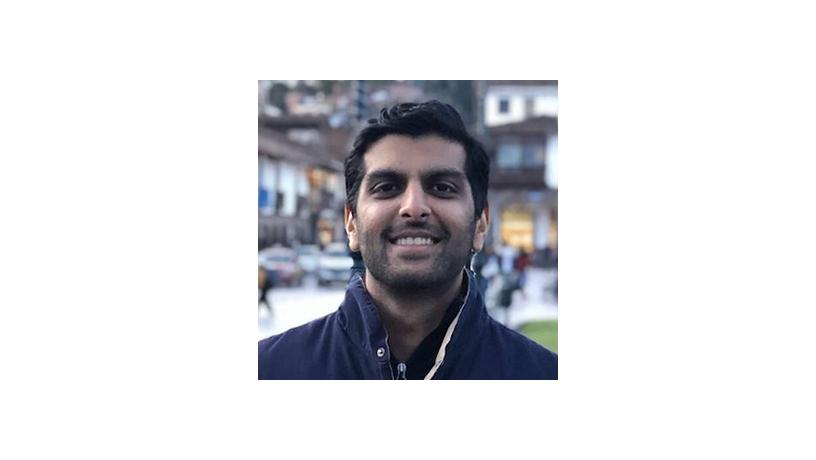
Anish Agarwal
Juliana Carneiro
Juliana Carneiro joined the Department of Chemical Engineering as an assistant professor in July 2023.
Carneiro received her Ph.D. in chemical engineering from Wayne State University in 2019 where her research excellence was recognized with several awards, including the Ralph H. Kummler Award for Distinguished Achievement in Graduate Student Research. She was a postdoctoral fellow in the School of Chemical Engineering and Biomolecular Engineering at Georgia Tech, where she worked with technologies for the direct air capture of CO2.
At Columbia, the Carneiro research group will tackle the design of electrocatalytic materials and systems to seek robust, economical, and modular innovations that enable sustainable mining and utilization of CO2 and plastic waste from different ecosystems.
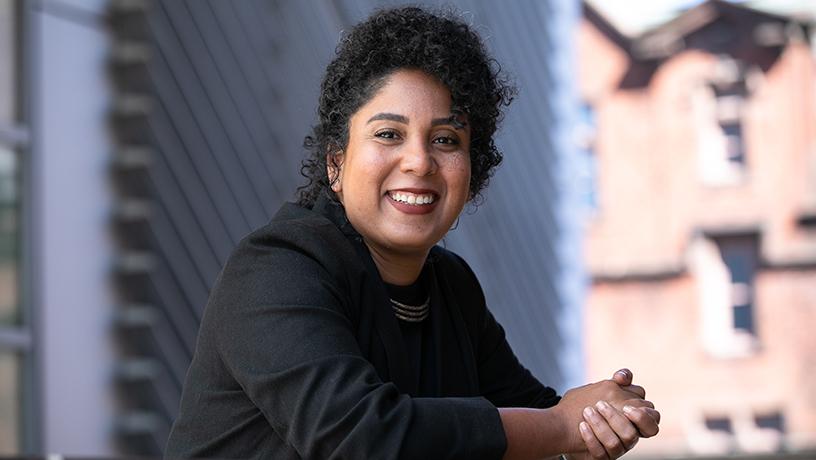
Juliana Carneiro
Ke Cheng
Ke Cheng joined the Department of Biomedical Engineering as a professor in July 2023.
Cheng obtained his Ph.D. from the University of Georgia in 2008 and his B.S. from Zhejiang University in Hangzhou, China in 2004.
Cheng currently serves as the chair of the NIH Biomaterials and Biointerfaces (BMBI) study section. Previously, he was the Randall B. Terry, Jr. Distinguished Professor of Regenerative Medicine at NC State University and a professor in the UNC/NC State Joint Department of Biomedical Engineering. He also co-directed the NIH Comparative Molecular Medicine T32 Training Program and served as the executive director of Interdisciplinary Scholarship in NC State’s Office of the Provost.
Cheng's research focuses on regenerative medicine strategies, particularly in adult stem cells, biomaterials, and nanomedicine approaches to pulmonary/cardiac bioengineering and regenerative medicine. His lab has been devoted to the clinical application of stem cells and exosomes and he led several Investigational New Drug (IND) applications obtained from the FDA. His lab also discovered and defined the term of angiopellosis as a new mechanism of cell extravasation. The biotech companies he founded are developing stem-cell drugs and extracellular vesicles to provide better solutions for lung and heart regeneration, cancer therapy, and drug delivery. Cheng is a fellow of the International Association of Medical and Biological Engineering (IAMBE), the American Institute of Medical and Biological Engineering (AIMBE), and the American Heart Association (AHA).
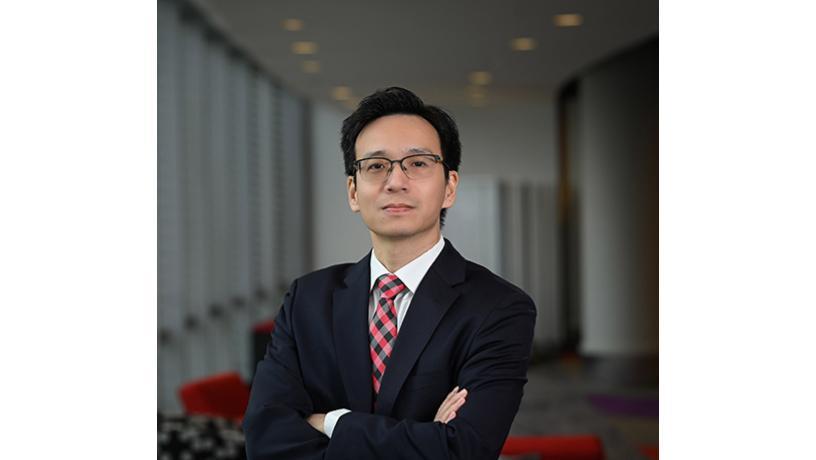
Ke Cheng
Santiago Correa
Santiago Correa joined the Department of Biomedical Engineering as an assistant professor in January 2023.
Correa obtained his Ph.D. at Massachusetts Institute of Technology in 2018 and his B.S. from Yale University in 2012.
Correa develops biomaterials composed of nano-scale building blocks, which are used to reprogram the body’s immune system to fight cancer, autoimmune disease, and infection. He engineers this next-generation technology via supramolecular self-assembly across length scales – first by constructing bioinspired multifunctional nanoparticles that, in turn, self-assemble to produce macroscopic biomaterials imbued with unprecedented immuno-modulatory capabilities. He completed his postdoctoral training as an NCI F32 Fellow in the Appel lab at Stanford, where he developed immunomodulatory biomaterials to treat cancer. (Read related story)
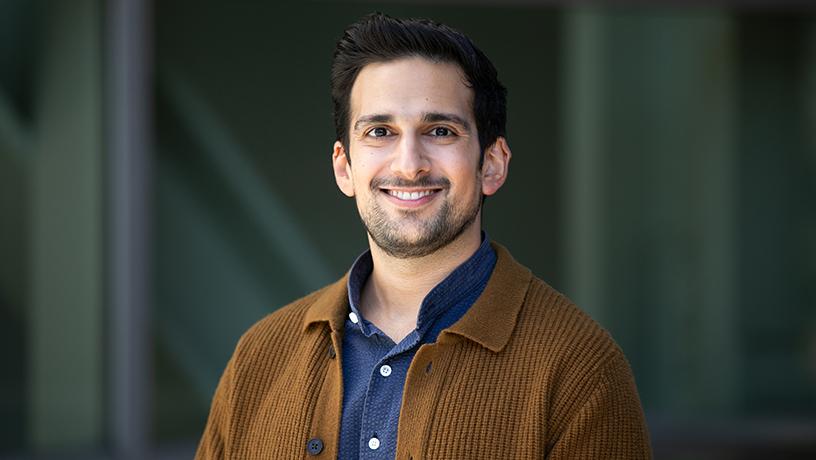
Santiago Correa
Savannah Eisner
Savannah Eisner joined the Department of Electrical Engineering as an assistant professor in July 2023.
Eisner received a Ph.D. from Stanford University in 2023 and a B.S. degree from Villanova University in 2017. During graduate school, she was awarded the NSF Graduate Research Fellowship and the Future Technical Leaders Fellowship of the NSF Engineering Research Center for Power Optimization of Electro-Thermal Systems. Most recently, she was a postdoctoral scholar at Stanford. She is the recipient of an IEEE Aerospace Best Paper Award.
Eisner’s research is focused on the development of novel device technologies in next-generation material families like wide bandgap and ultra-wide bandgap semiconductors. She is interested in harnessing the exciting capabilities of these emerging materials to fill the growing demand for reliable micro/nanoelectronic sensors and systems that can operate without the need for bulky and expensive thermal management. She is focused on pushing device operation beyond the limits of conventional silicon electronics by investigating innovative device architectures and deploying them into systems. Critical new frontiers that can benefit from such advancements include robotic planetary exploration, environmental monitoring, hypersonic aircrafts, and quantum computing.
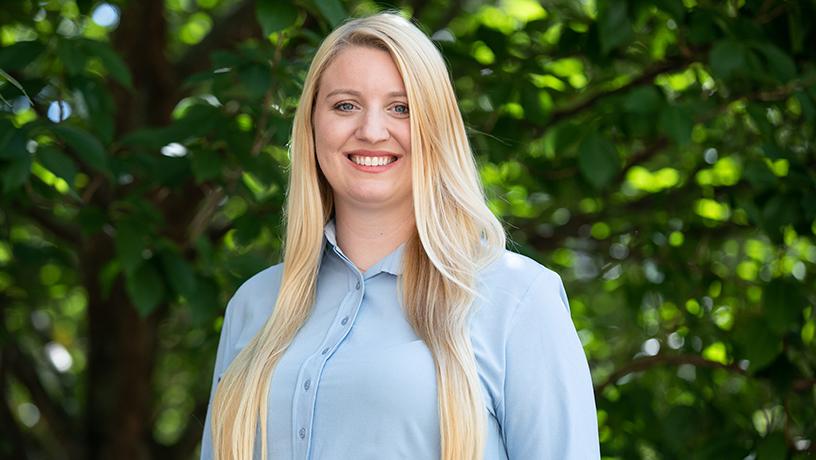
Savannah Eisner
Megan Heenan
Megan Heenan joined the Department of Biomedical Engineering as a Lecturer in Discipline in July 2023.
Heenan graduated with a Ph.D. from Marquette University in 2015, and also holds a B.S. and BSE from the University of Pittsburgh (2009).
Before coming to Columbia, she worked in product development for startups in Hanoi, Vietnam, and the Hudson Valley, and worked as the Director of TechnologyDevelopment for the Rice University Rice360 Institute for Global Health Technologies. She will be teaching biomedical innovation and design.
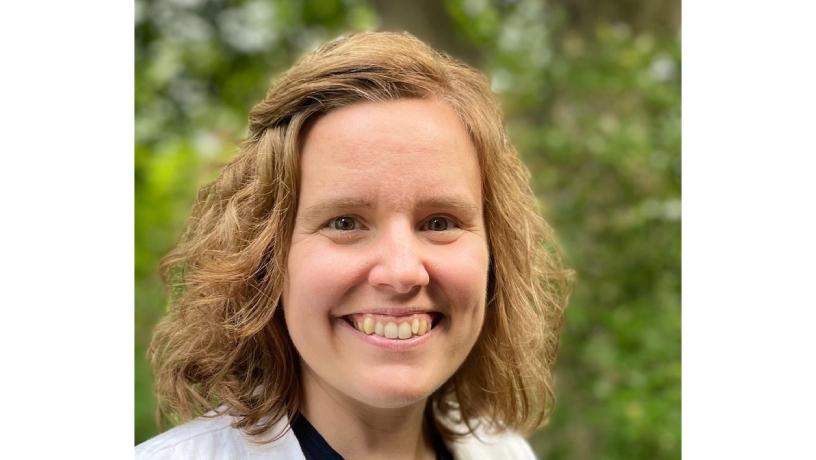
Megan Heenan
Kostis Kaffes
Kostis Kaffes joined the Department of Computer Science as an assistant professor in July 2023.
Kaffes obtained a MSc and Ph.D. from Stanford University in 2018 and 2022, respectively, and an undergraduate degree from National Technical University of Athens in Greece in 2015.
He is broadly interested in computer systems, cloud computing, and scheduling. He has worked on end-host, rack-scale, and cluster-scale scheduling for microsecond-scale tail latency. He has also been seeking ways to make it easier to implement and deploy custom scheduling policies across different layers of the stack. Prior to Columbia, he spent a year at Google SRG.
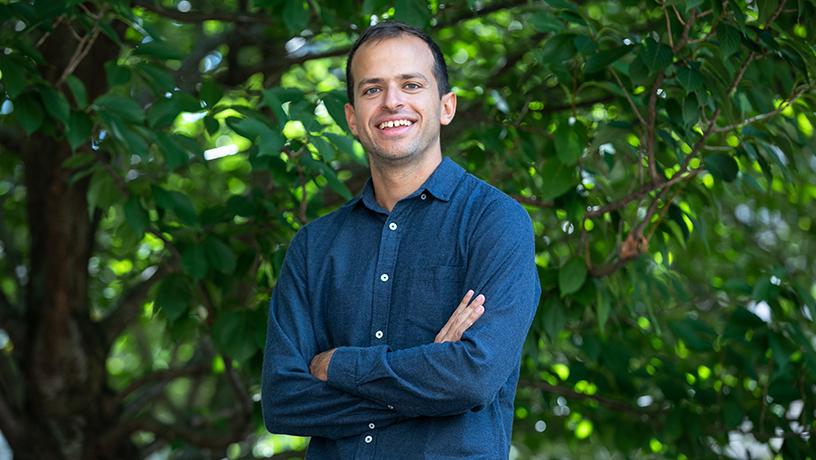
Kostis Kaffes
Yaren Kaya
Yaren Bilge Kaya joined the Department of Industrial Engineering and Operations Research as a Lecturer in Discipline in July 2023.
Kaya holds a Ph.D. from Northeastern University (2022), an MSc from the University of South Florida (2017), and a BSc from Ozyegin University in Istanbul (2017). During her Ph.D. studies, she received the 2021 Northeastern University College of Engineering Outstanding Graduate Teaching Award, the 2023 Northeastern University College of Engineering Outstanding Graduate Research Award, and the Best Paper with Student Presenter Award at the Association of Computing Machinery Conference on Equity and Access in Algorithms, Mechanisms, and Optimization.
Kaya’s research specializes in public service access and provision. Her research interests encompass the application of large-scale optimization, simulation modeling, queuing theory, and machine learning to address social justice, access, and equity issues within human trafficking, housing, and healthcare contexts. Given the complexity of these societal challenges, she employs a community-based and interdisciplinary approach to her research, which incorporates perspectives from multiple stakeholders, including those who are most affected by the social issues.
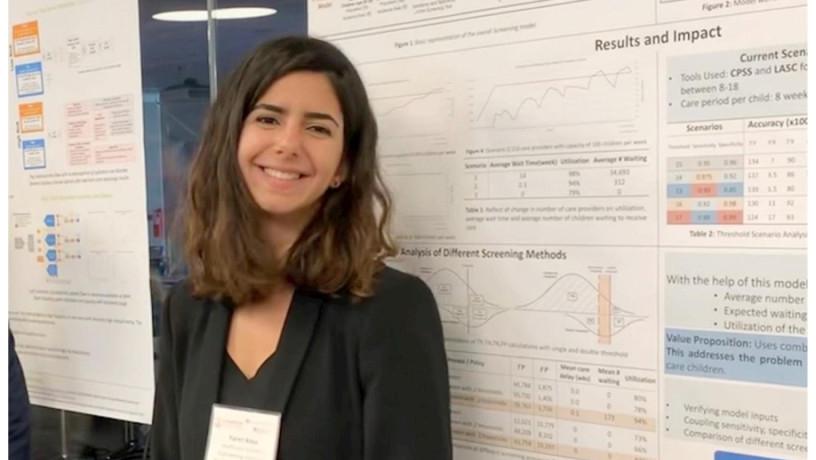
Yaren Kaya
Fabrizio Lecci
Fabrizio Lecci joined the Department of Industrial Engineering and Operations Research as an associate professor of professional practice in January 2023.
Lecci received his Ph.D. in from Carnegie Mellon University in 2015, as well as a master’s from Collegio Carlo Alberto (2011) in Turin, Italy and a master’s (2011) and bachelor’s (2009) from the University of Turin.
Lecci has worked for Tech and Fintech companies (Uber, New York Life, Better) in various leadership roles and co-founded a boutique consulting firm, DataCaptains.com, which partners with organizations that are committed to using data to improve their business and products for their customers. The common goal of his work is to advance the fields of applied data science and machine learning and help others leverage data tools in a rigorous yet pragmatic way. He has published in peer-reviewed journals and taught statistics and probability for the MBA program at Duke’s Fuqua School of Business.
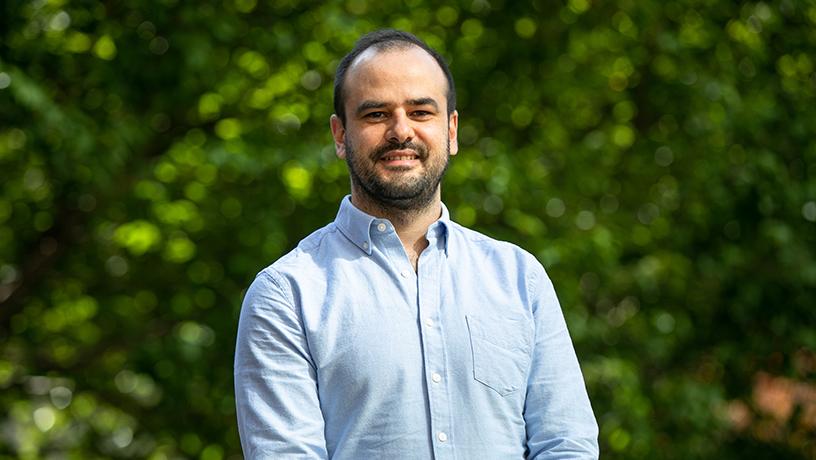
Fabrizio Lecci
Xuenan Li
Xuenan Li joined the Department of Applied Physics and Applied Mathematics as the Chu Assistant Professor of Applied Mathematics in July 2023.
Li received her Ph.D. from the Courant Institute of Mathematical Sciences at New York University (NYU) in 2023 and her BSc from the University of Michigan in 2018. She also holds a B.S. from Sichuan University in Chengdu, China (2015). While at NYU, she won the Sandra Bleistein Prize and a MacCracken Graduate Scholarship and twice won the SIAM Student Travel Award.
Her research interests include calculus of variations, partial differential equations, elasticity theory, and mechanical metamaterials, particularly in their static and dynamic behavior.
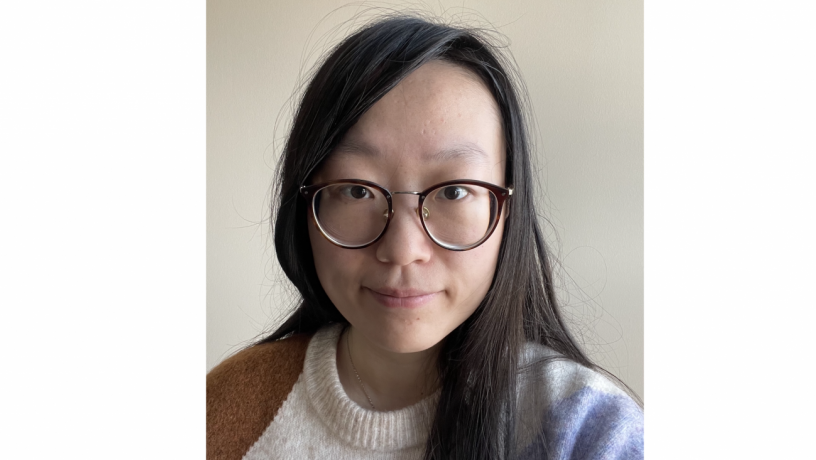
Xuenan Li
Alex Meng
Xiang (Alex) Meng joined the Department of Electrical Engineering as an associate professor of professional practice in January 2023.
Meng completed his Ph.D. at Columbia University in 2017 and obtained his B.S. from the University of Saskatchewan, Canada, in 2011.
His research focuses on designing novel photonic components, optical systems, and network technologies. He is also experienced with digital signal processing, optical coherent communications, and the innovative process for electronic-photonic design automation for photonic integrated circuits. Previously, he was a senior member of technical staff at SubCom (Tyco Telecom), designing long-haul undersea coherent transoceanic networks.
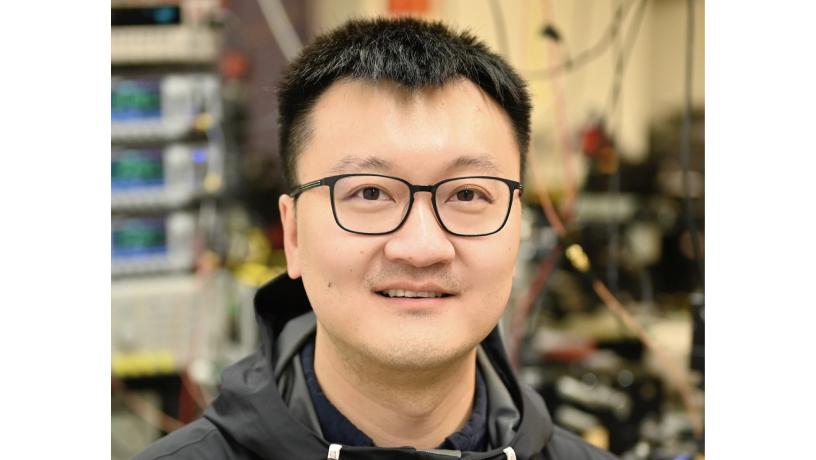
Alex Meng
Oscar Nordness
Oscar Nordness joined the Department of Earth and Environmental Engineering as an assistant professor in July 2023.
He obtained his Ph.D. at the University of Texas at Austin (2020) and his B.S. from the University of Connecticut (2015). He was a postdoctoral researcher at UC Santa Barbara (2021-2023).
The Nordness research group focuses on quantifying the fundamental mechanisms governing transport and thermodynamics of electrolyte systems and leveraging these insights in order to design novel materials for next generation sustainable energy and carbon management technologies. The Nordness group applies a combination of experimentation, data science, and thermodynamic modeling to pursue these goals. Prior to his appointment, Nordness focused on understanding ion transport behavior in polymer systems for improved design of energy storage and water treatment materials. This work centered on the application and development of advanced NMR techniques including Pulse Field Gradient (PFG)-NMR, NMR Relaxometry, and electrophoretic NMR (eNMR) to establish a molecular-level understanding of ion solvation and transport within these materials.
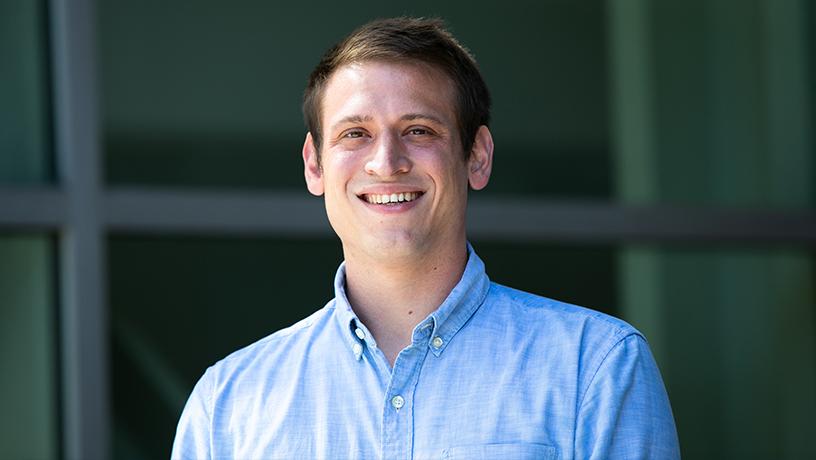
Oscar Nordness
Elizabeth Paul
Elizabeth Paul joined the Department of Applied Physics and Applied Mathematics as an assistant professor in January 2023.
Paul received Ph.D. in from the University of Maryland, College Park in 2020 and her A.B. from Princeton University in 2015. In 2021, she received the Marshall N. Rosenbluth Award from the American Physical Society in recognition of her doctoral work. Prior to joining Columbia University, she was a Presidential Postdoctoral Research Fellow at Princeton University. She was recently selected for the U.S. Department of Energy’s 2023 Early Career Research Program.
Paul uses theoretical and computational methods to study the magnetic confinement of plasmas for fusion energy sciences. Controlled fusion holds the promise of providing a carbon-neutral, safe, and sustainable energy source. Her work focuses on the advancement of the stellarator magnetic confinement concept, a complex toroidal device which enjoys enhanced stability properties. Her research integrates applied mathematical techniques to improve the design of stellarator configurations through numerical optimization. She studies the rich behavior present in three-dimensional magnetic confinement devices, including the nonlinear dynamics of fast particle populations.
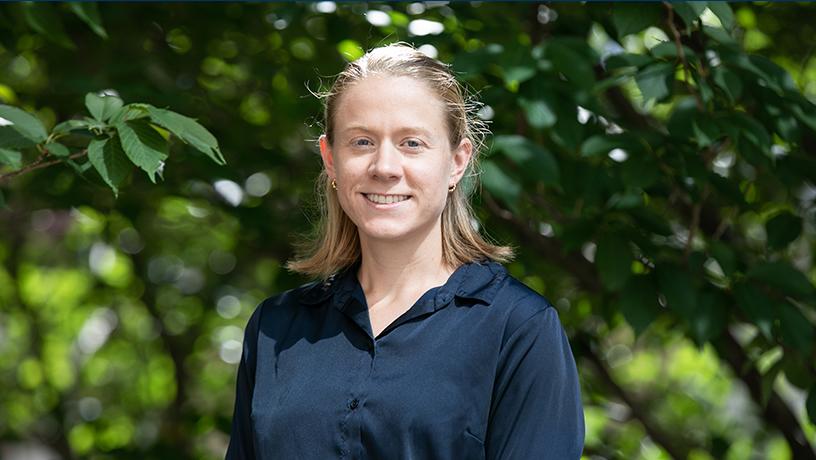
Elizabeth Paul
Asher Williams
Asher Williams joined the Department of Chemical Engineering as an assistant professor of chemical engineering in July 2023.
She received her Ph.D. from Rensselaer Polytechnic Institute (RPI) in 2020 and her B.S. from New York University Polytechnic School of Engineering. Williams was awarded RPI’s Presidential Graduate Research Fellowship, named a Class of 2020 Changemaker and an MIT Rising Star in Chemical Engineering, and is listed by Cell Mentor as one of 1000 Inspiring Black Scientists in America. She is a Trinidad and Tobago national scholar and was a Presidential Postdoctoral Fellow at Cornell University.
Her research aims to study and manipulate protein-carbohydrate interactions for therapeutic and biomedical applications, including vaccine development, as well as engineering microorganisms for the biosynthesis of carbohydrate-based drugs and related enzymes.
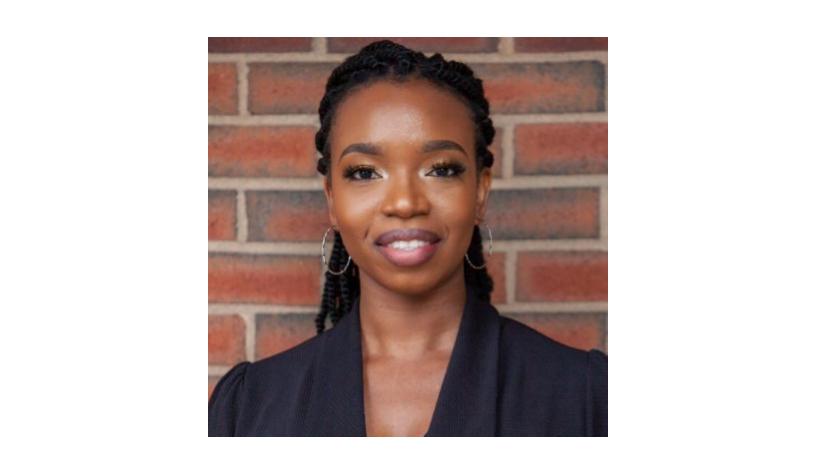
Asher Williams
Spring 2024 Faculty
In 2024, Columbia Engineering will welcome Adeyemi Adeleye, assistant professor of earth and environmental engineering; Tanvir Ahmed Khan, assistant professor of electrical engineering; Aravind Devarakonda, assistant professor of applied physics and applied mathematics; Neil Dolinski, assistant professor of chemical engineering; and Marianna Maiaru, associate professor of civil engineering and engineering mechanics.
